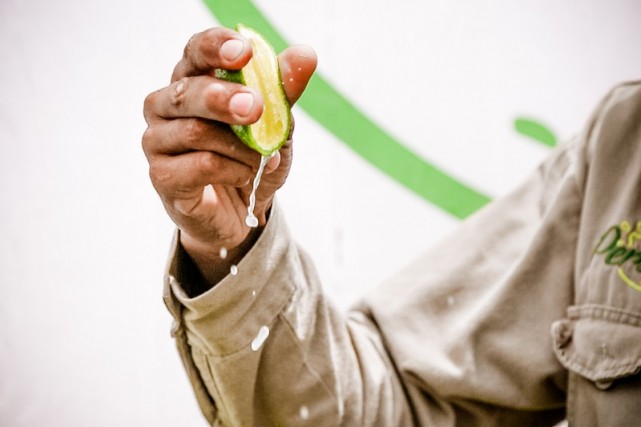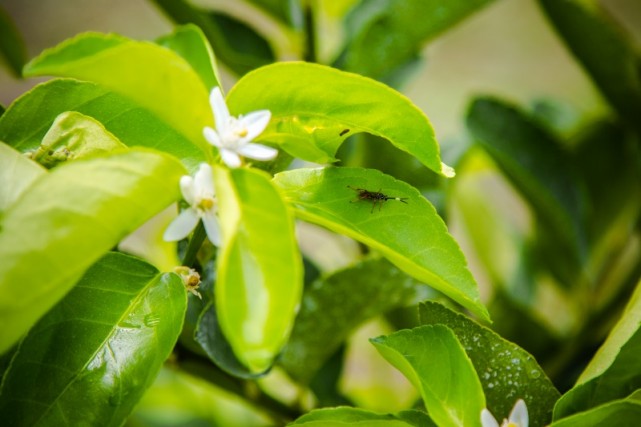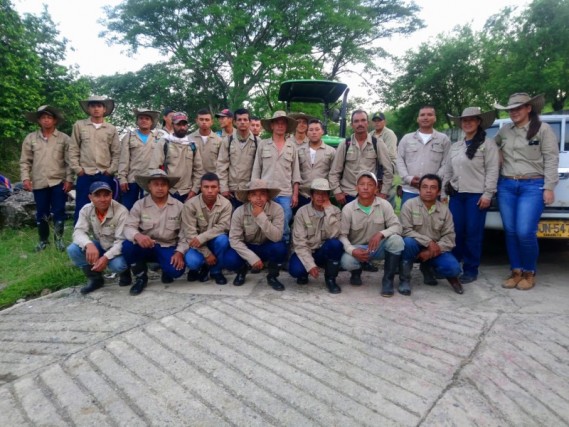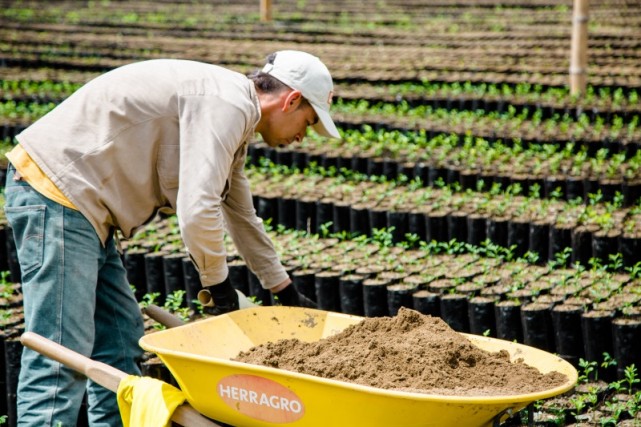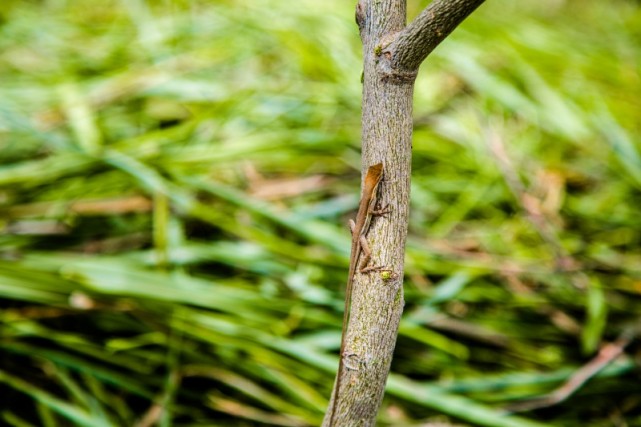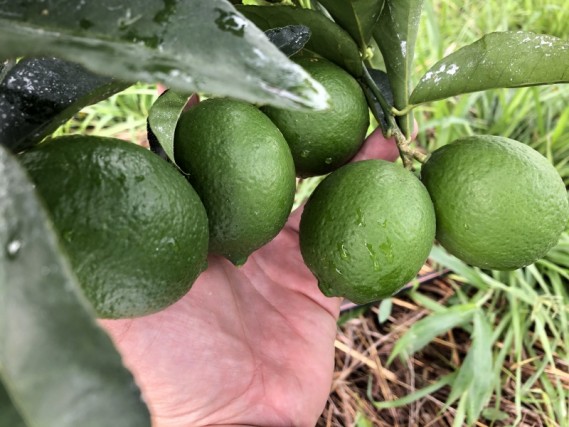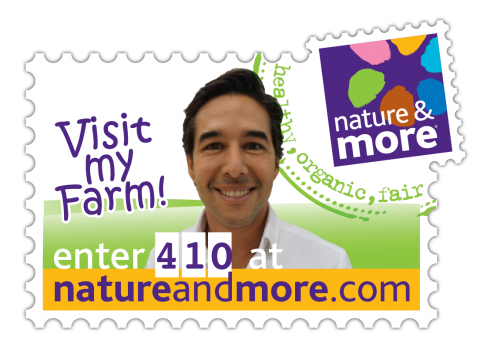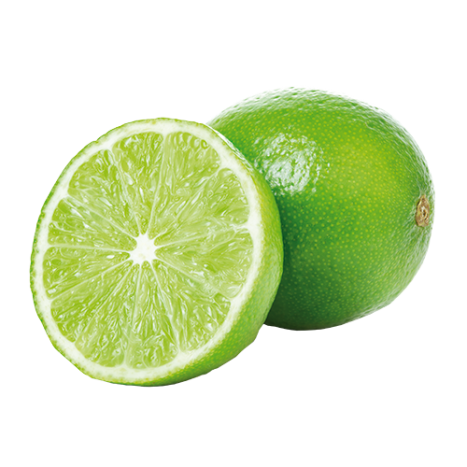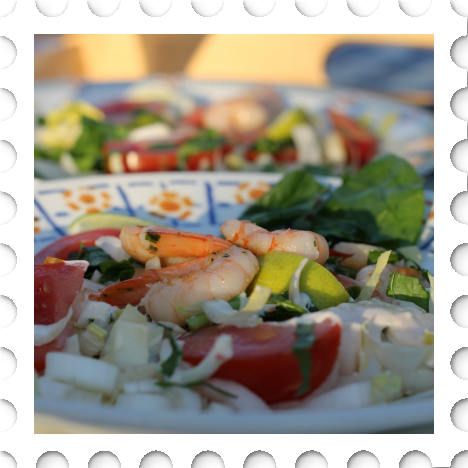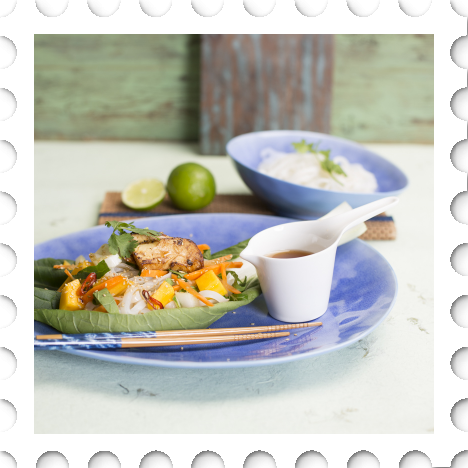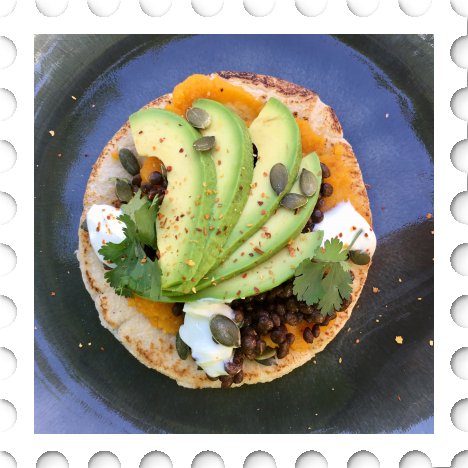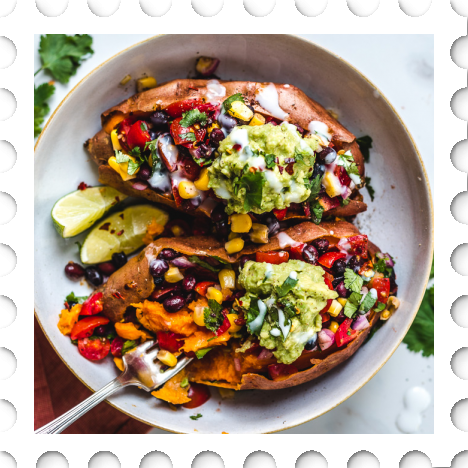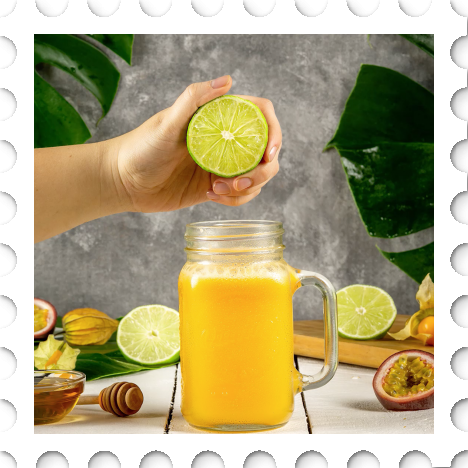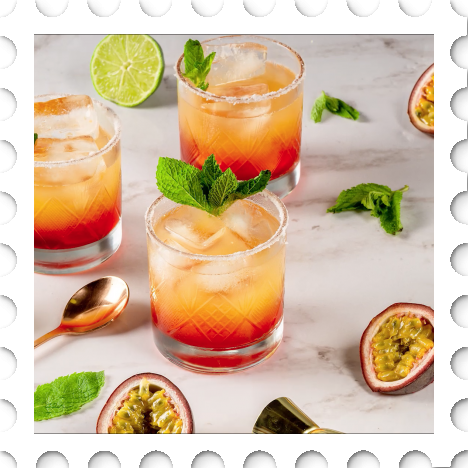N&M: Can you tell something about the region where your farm is located?
Juan Pablo: We are located 50 km southwest of Medellín, in the valley of the river ‘Poblanco’. We are at 700 m above sea level in an area where the soil is rich in nutrients; which is optimal for growing citrus fruit. The area has historically been used for cattle rising and fruit growing. Our plantations have given the area relevance in fruit growing, specifically citrus fruit, and above all, Persian limes.
N&M: What is so special about the limes?
Juan Pablo: The soil characteristics, altitude and abundance of water sources added to our particular way of farming and fertilizing trees make us purveyors of unique fruit. The deep green color, abundant juice and size are the result of the particular way of growing and caring for the plantation.
N&M: Why and when did you go organic?
Juan Pablo: Since we started the first farm we grow organic produce. This way we have been able to guarantee innocuous farming and products along the entire chain. We consider that the impact on health and environment of the techniques used is responsible and ethical. This benefits the whole production chain as well as the end consumer.
N&M: What do you see as the benefits of organic farming now?
Juan Pablo: The preservation of human beings’ health and the environment. We protect native species, starting from native weeds to larger species that are part of the ecosystem where the farm is located, such as the crab-eating fox (Cerdocyon thous), monkeys and birds.
N&M: What do you like most about your work?
Juan Pablo: We love what we are doing! Many things motivate us. We are planting 2000 hectares of Persian lime that in a few years will make us one of the world's main producers and exporters of this fruit. This has impact on each of the persons who participate in the several stages of the chain, meaning that we are transforming lives, and this is what makes us proudest.
Historically, the Colombian farmland has been the epicenter of inequality, violence and vulnerable communities. We are generating increased distributable revenues, we are creating ten times more jobs, and we are building a sustainable productive chain in the country's farmland. For Colombia this means a great opportunity to consolidate a proposal for farmland recovery, to equal farmland to future, to bring people back to planting and growing, and above all, to project an image abroad different from the one that has characterized us so far.
N&M: Is there something that every consumer should know about you or your farm?
Juan Pablo: To us work represents the three Ps (P for Persian): Passion, professionalism and perseverance.



